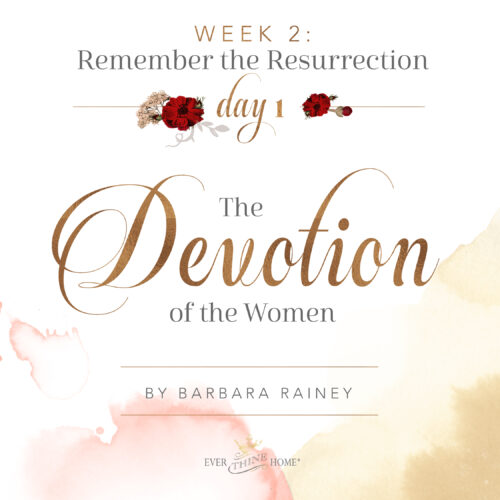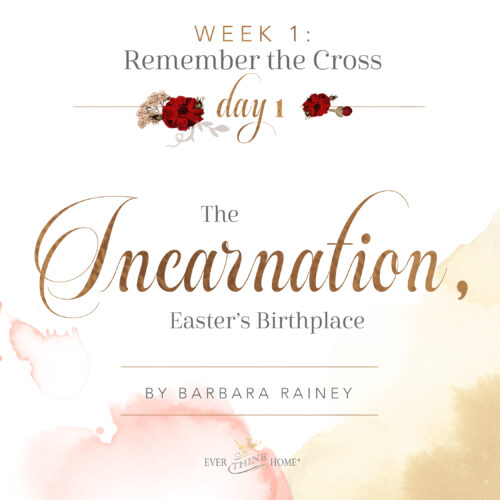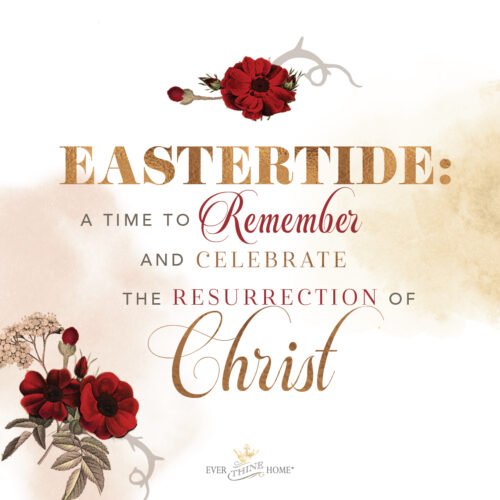
The kids and I piled in the car yesterday, heading to the Pioneer Museum here in Colorado Springs. We yanked on the handle to operate their 105-year-old cash register; tried on derbys, bonnets, top hats, and vests for the photo booth; fingered the tanned hides donned by Native Americans.
Because the museum is housed in an old courthouse, we also sauntered into the old courtroom. I recalled that my husband’s great uncle was appointed by Eisenhower to the District Court in Colorado and then the U.S. Court of Appeals, and wondered if years ago, he’d visited that exact room. He’d likely never pictured my children wandering through this room, hushed and agape. I wondered how many people had shivered on those wooden seats awaiting their fates, and the spectrum of emotions those walls had witnessed.
It still fascinates me to imagine ancestors of mine alive in the times and places I watch in movies, or devour in books. What was it like, say, for my great-grandfather as he watched out the window on his journey from Switzerland, never to see his homeland again or the people he loved? What was it like for my ancestors as they considered which side of the Protestant Reformation they would land on? When they lost a child—a simple notation on my family tree now—and wept inconsolably, or when a spouse died, what did they cry out to God?
It seems all too simplistic that these vast life events are marked by a small “d.”—and followed, even, by the fortuitous “m.” of a subsequent marriage. The same God who held them in such despair also knew that only a few years later, their faces would blossom in wide smiles at a second wedding—smiles perhaps seasoned by loss, but also God’s profound faithfulness. He would also know the moments of delight, anger, tears, and prayer represented by that dainty “m.”: a lifetime of marriage.
Sobering as it is, I like thinking of history in this way. It teaches me a form of humility. In university, my morning jogs would circle me around a cemetery—which is actually not a bad reminder for a spry college student: All men are like grass, and all their glory is like the flowers of the field. The grass withers, and the flowers fall, but the Word of the Lord stands forever.
I find it valuable to hold in mind that all of time stretches before this God, our help in ages past. Sometimes it’s a little too easy for my generation, with its iPhones and microwaves and Hot Pockets and instant-everything to forget the shoulders it stands upon; that most of life is a long time coming, and unspools a complex, extensive story behind it.
Hebrews 11 looks not to our ancestors of DNA, but to our fathers of faith. It adds, apart from us they should not be made perfect (v. 40). Together, we are the Church; we are God’s people, both around the world and extending through time in both directions.
And still—the common thread and main theme throughout time has not been humanity’s faithfulness.
It’s God’s.
The same God who helped a sea-sick ancestor cross the Atlantic is the same God whispering in my mind as I type a blog post in Windows 10. James says that Elijah, in fact, “was a man with a nature like ours.” He sweated in the summer heat; needed to stop and see his mom; had to use the bathroom; felt angry at stupid things. Though Elijah was unquestionably faithful, the main character in Elijah’s story…is God.
As I look through time, my God has been writing the entire story. The 2016 elections, for example, do not shake my God. Though He removes kings and sets up kings (Daniel 2:21) and certainly allows them a portion of power, it’s “under the shadow of Thy throne” that “we dwell secure.”
This week—no matter where your unfolding history finds you—may you find great shelter in our help from ages past.
Lord, you have been our dwelling place in all generations.
-Psalm 90:1




Appreciate these posts. No matter what is going on in my life they are always appropriate. Thanks!
I love hearing this, Yolanda. So grateful God uses these. Thanks for your warm words today.